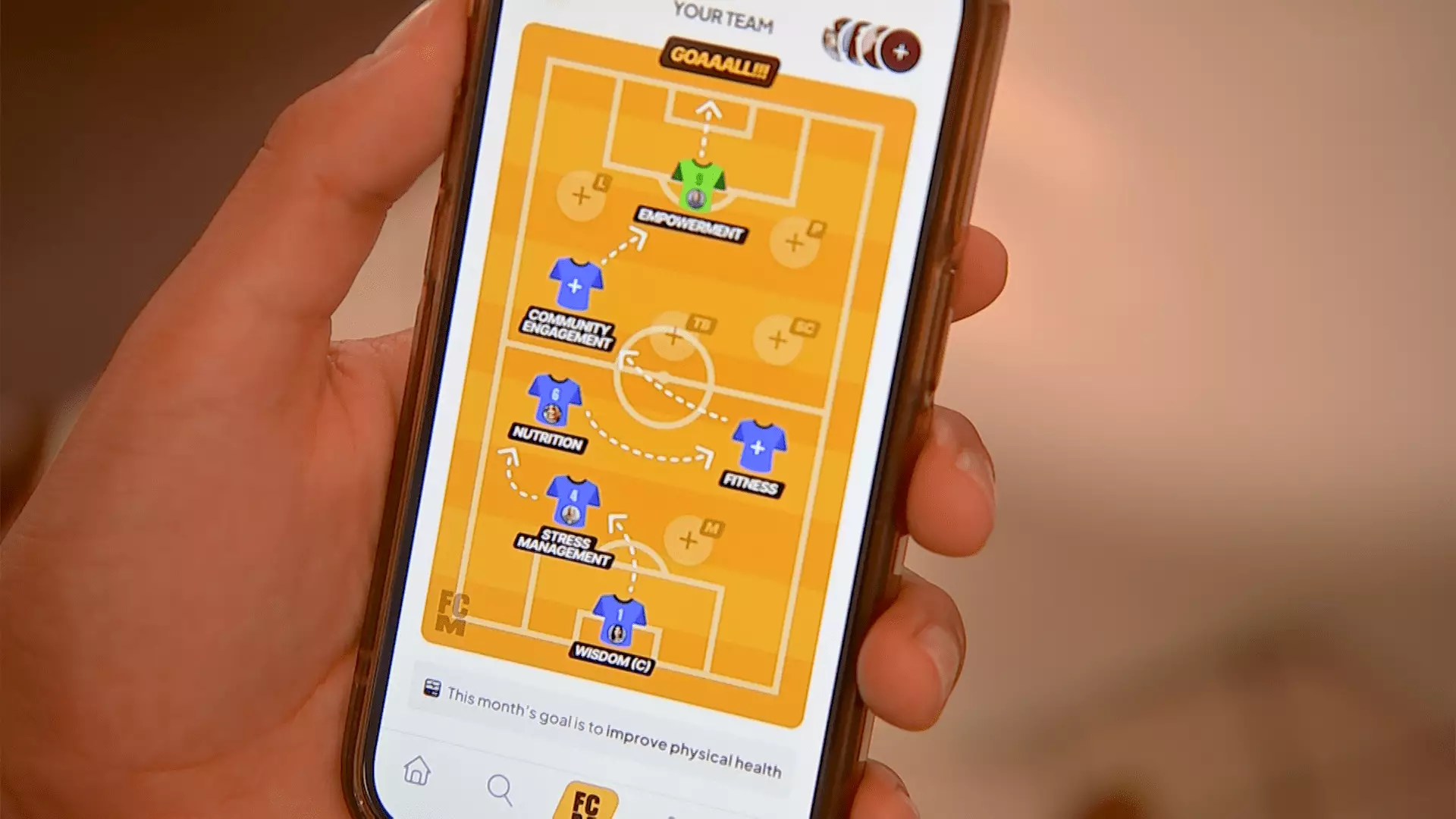The statistics surrounding maternal health are harrowing. According to the World Health Organization, over 700 women lose their lives every single day due to preventable complications during pregnancy and childbirth. In a world that places immense value on innovation and progress, this statistic feels like a dark bruise on the conscience of society. This urgent crisis calls for bold, creative solutions rather than languishing in bureaucracy or red tape. It is time to challenge conventional thinking about maternal health and harness the incredible unifying power of sports.
Former professional soccer player Morad Fareed is stepping up to do just that. He is spearheading a project named FC Mother, founded on the principle that community and camaraderie, often seen within the realm of sports, can bring about tangible improvements in maternal health. With a football as his catalyst, Fareed hopes to inspire a cultural shift that can lead to genuine, lasting change. Rather than just treating symptoms, FC Mother aims to generate a holistic, community-driven approach to improving maternal health outcomes.
Revolutionizing Healthcare Through Sports
What makes FC Mother uniquely promising is its innovative format. By developing a platform that pairs expectant and new mothers with a supportive community linked through their shared love of soccer, Fareed is attempting to bridge the gaps often left unaddressed by healthcare systems. Dubbed “H-sports” or healing sports, this approach unites healthcare and a passion for football into one cohesive entity, creating what Fareed describes as the “World Cup of Healing.”
The competition element is especially intriguing. Mothers will not only access vital services through the FC Mother platform but will also partake in a systematic evaluation of their health through surveys. As improvements in mental and physical well-being are reported, teams progress in the competition, turning what would typically be a solitary experience into one of camaraderie and collective achievement. This gamification of maternal health can significantly alter perceptions and, more importantly, the reality of what it means to be a mother in today’s society.
A Study in Statistics and the Quest for QUALYs
FC Mother is set for an exciting launch, with a trial competition that sees teams from Brazil and the United States pitted against each other, all while aiming to enhance maternal health outcomes. The stark statistics from the Institute for Health Metrics and Evaluation reveal that the United States ranks 44th among developed nations—an alarming figure that showcases a pressing need for reform. Brazil, too, falls short at the 46th position. The figures are a clarion call for action and reflect the deeper societal issues plaguing maternal health.
Fareed’s ambition is not only to improve maternal health by traditional measurements but also to increase Quality-Adjusted Life Years (QUALYs). This metric, often used by health organizations, accounts for both quantity and quality of life. His premise is straightforward yet revolutionary: enhancing social support systems can lead to significant improvements in both mothers’ and children’s well-being. Recent research supports this viewpoint, emphasizing that robust social structures can yield up to ten additional years of higher-quality life for both parties.
It’s essential to understand that while medical interventions are vital, they aren’t the sole solution. Fareed’s assertion that “the social determinants of health are the next frontier” resonates powerfully in an environment that often prioritizes clinical treatment over holistic care. The current healthcare model needs a profound attitude shift, and FC Mother aims to facilitate that change.
A Community-Driven Solution
There’s something inherently powerful about community, relationships, and shared interests, especially when focused on such a crucial topic as maternal health. FC Mother embraces this truth by providing a real-time supportive network through its app and social platforms, significantly empowering mothers. These mothers can find camaraderie through shared soccer fandom, gaining not just friends but also critical support during a life stage characterized by physical and emotional upheaval.
This approach is one reason why FC Mother’s potential is exciting. It isn’t crafted as a charity; it aspires to be a for-profit venture that demonstrates the viability of investing in health improvement at a fraction of traditional costs, appealing to corporations and family offices interested in social change. The intersection of sports, health, and community provides a novel approach to tackling inefficiencies in the current system—a move that is not only progressive but necessary.
In a time where maternal health outcomes are unacceptably low, innovation couched in community spirit could be the key to turning shocking statistics into empowering stories. The question remains: will Fareed’s FC Mother be the movement that finally marries the worlds of healthcare and community through the bold lens of sports? Only time will tell, but this unique convergence deserves to be given a chance.

